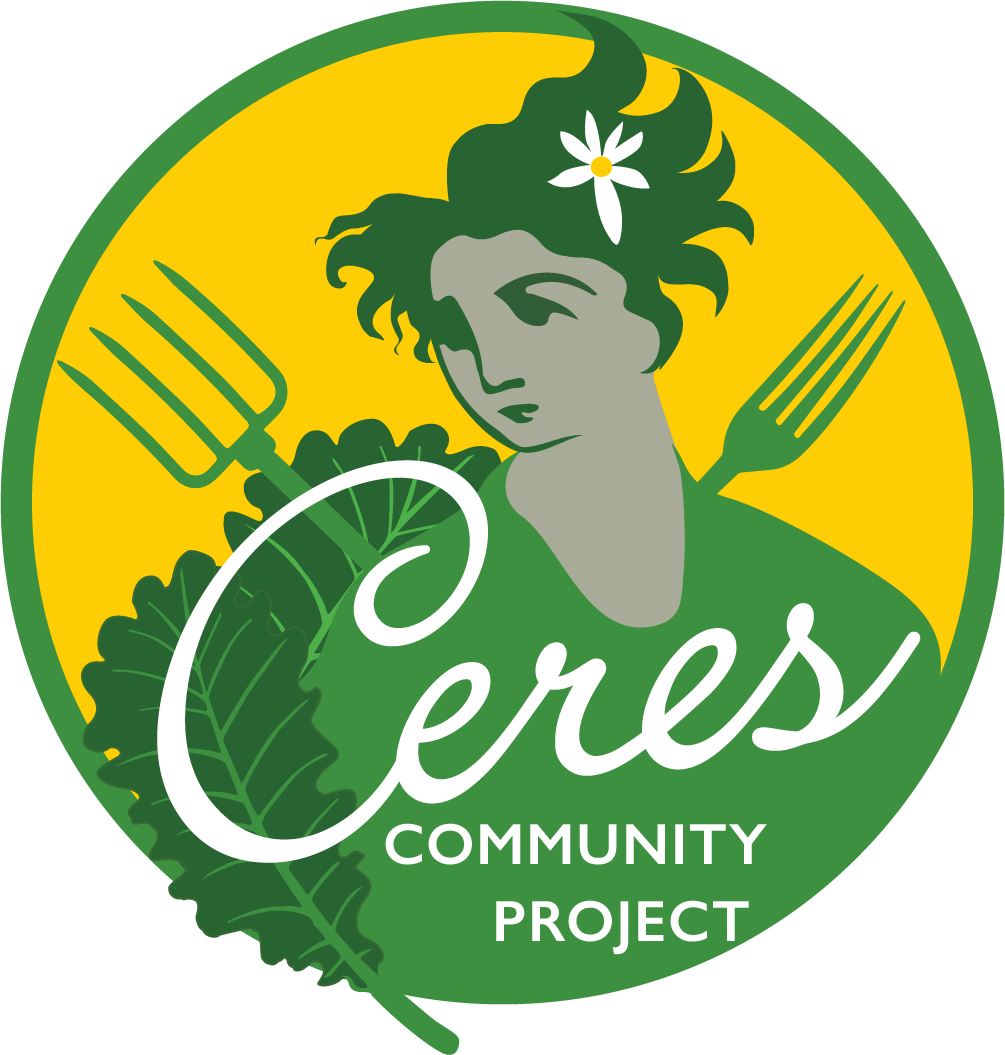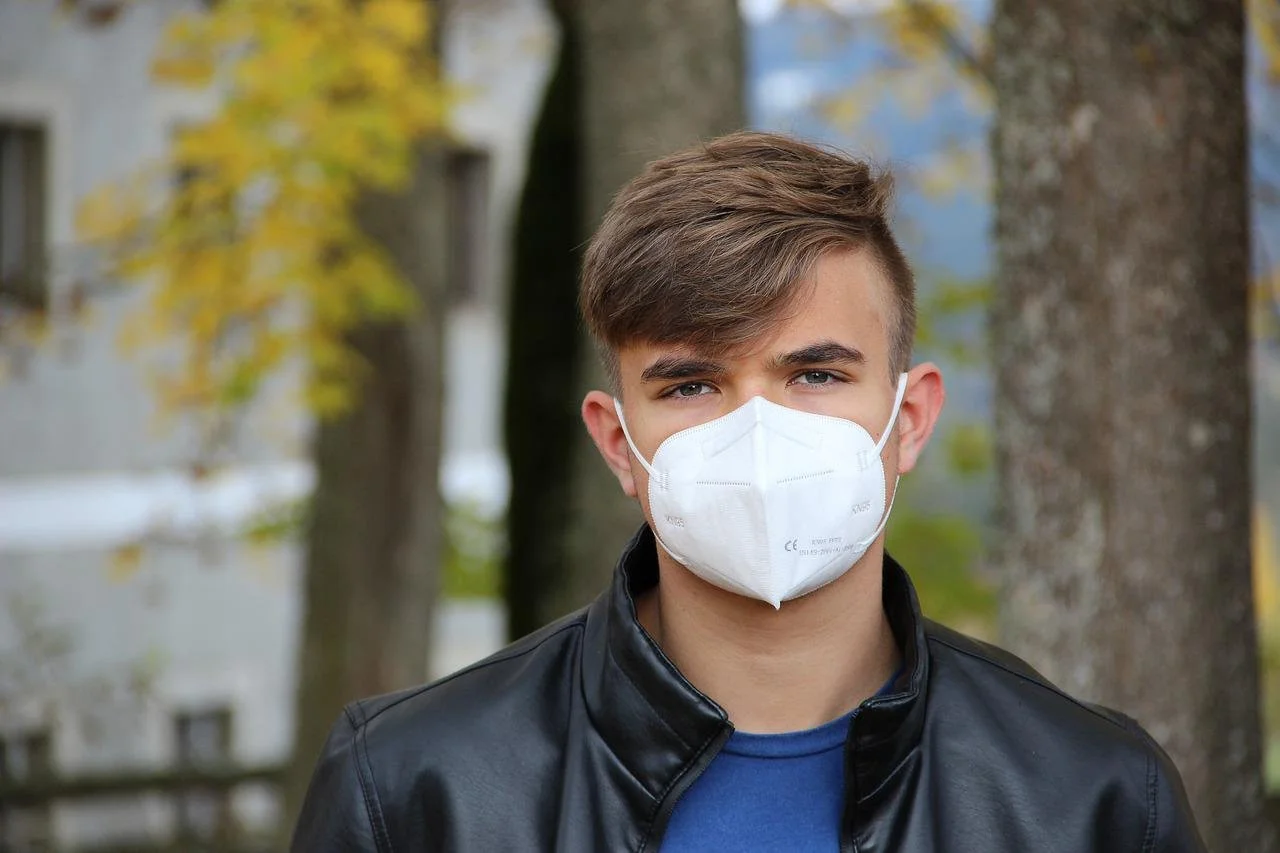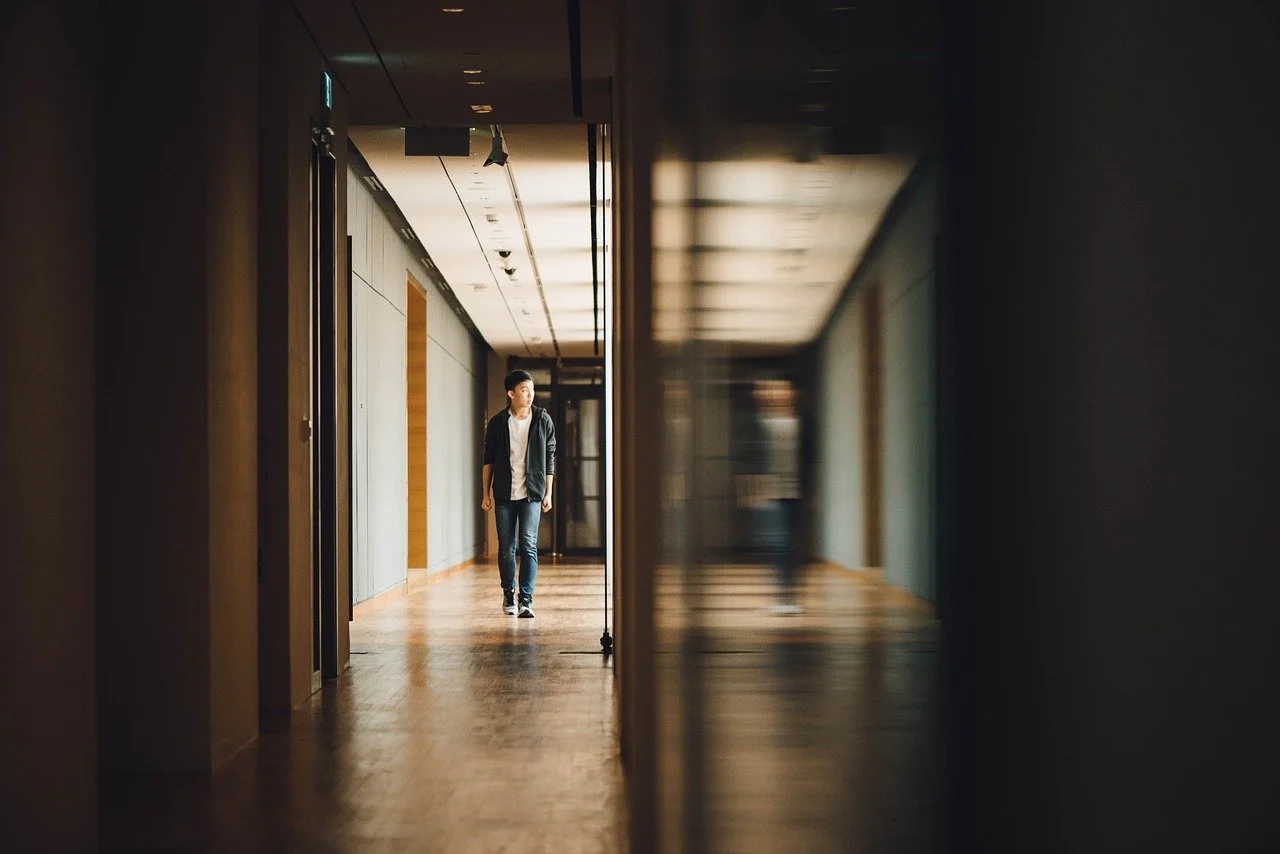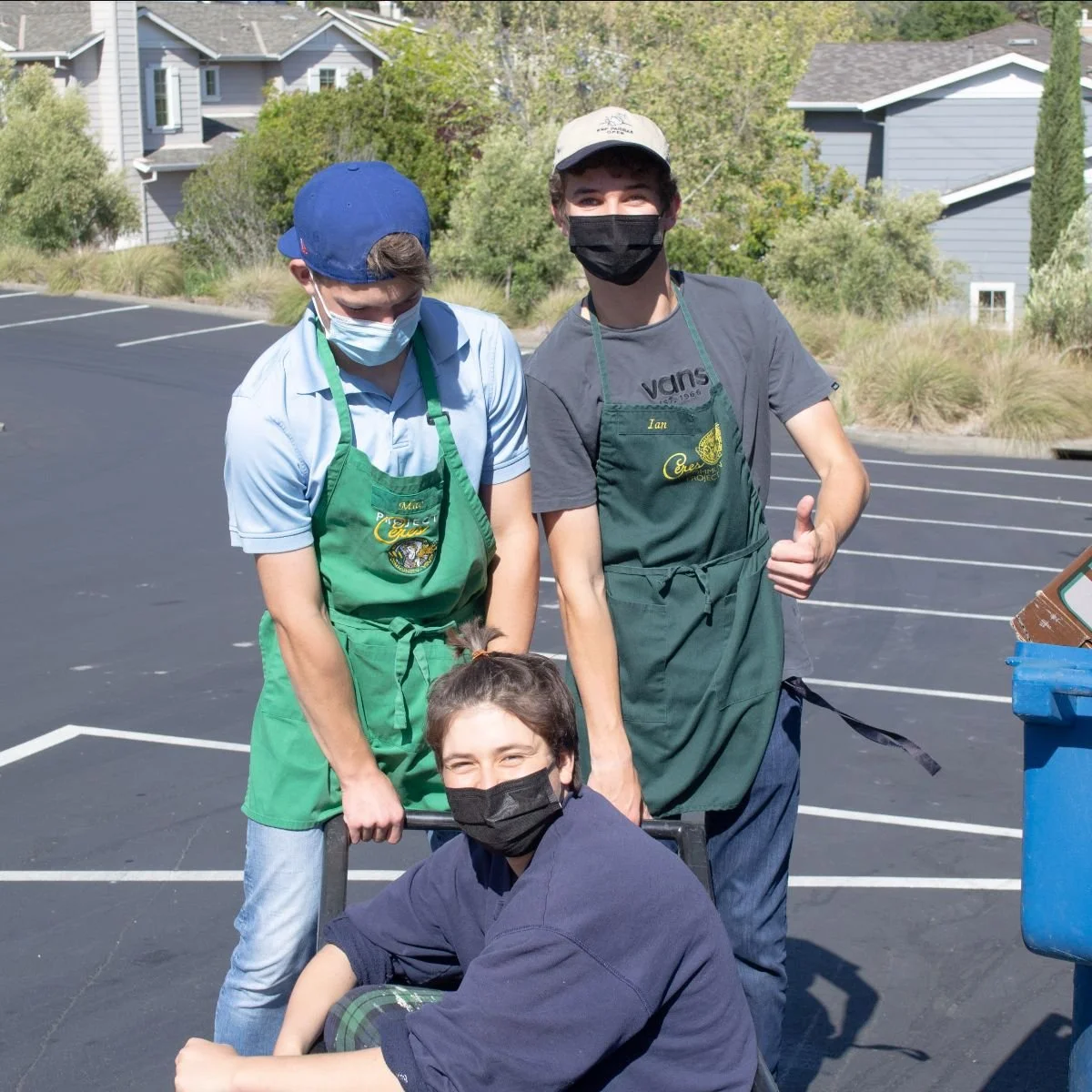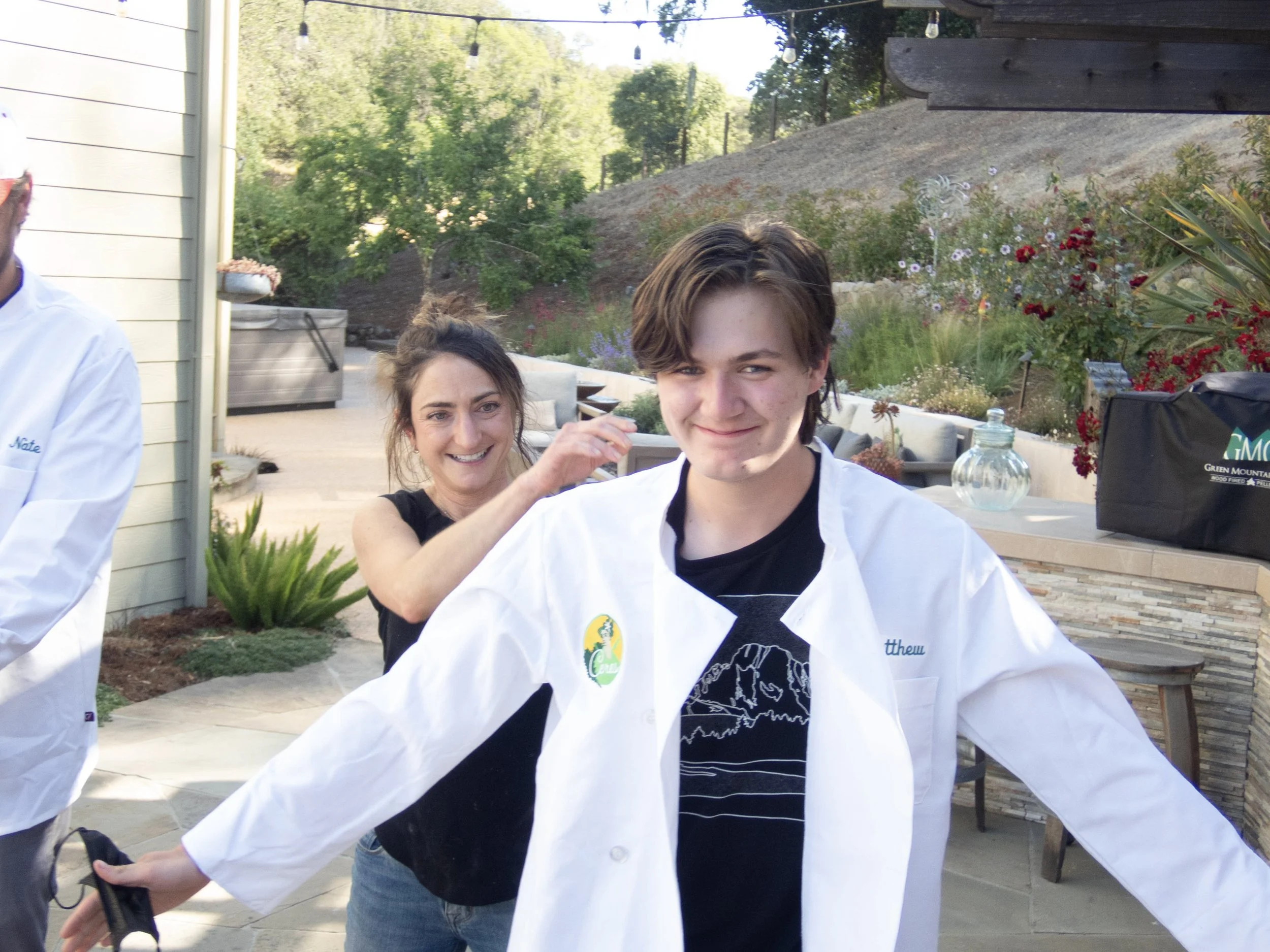We're Not Back to "Normal" (And Neither Should It Be Expected)
Dear Friend,
A focus on engaging, empowering, and lifting-up teens has always been a foundation of Ceres Community Project’s approach to fostering community health and well-being, and in this current world climate that commitment is more vital than ever.
According to the updated 2022 Youth Truth Data Report, 51% percent of youth in our region of the state report that COVID-19 alone has moderately or significantly affected their lives. This survey provides a snapshot of what we know about youth and the impacts of the pandemic, but we also know that teens face a compounding number of other stressors – such as climate change, gun violence, and the impending fire season – that are also impacting their mental health.
Most teens in Sonoma and Marin counties have returned to in-person classes this school year, with a societal expectation that their lives will just return to “normal.” What we are clearly seeing though is that the past two years have taken a toll on the mental health of our youth. Combined with the many other issues facing our country and world, it is clear that as adults we need to find ways to support our youth more than ever.
Please read on for a more in-depth look at teen mental health and how Ceres plays a supportive role in teens’ wellbeing.
Best,
Autumn Johns
Policy Coordinator
2022 & 2021 Youth Truth Mental Health Data
An alarming 55% of teens in our community report that feeling depressed, stressed, or anxious has made it hard for them to do their best in school and 46% of teens have reported feeling stressed “often” or “all of the time”. Yet only 32% of these same teens reported that their schools have programs or services available that can help them when feeling stressed.[1] Feeling elevated levels of stress without an outlet can ultimately lead to anxiety, withdrawal, aggression, physical illness, and poor coping skills such as drug and alcohol use, or even suicide. [2]
“I can speak for many of the other students I’ve spoken with when I say that very few people feel like they can actually trust their school counselor. Besides, most people would feel uncomfortable exposing themselves like that anyways. The school trying to force everyone back to normal feels like the school is impatient with our mental health and wants us to ‘just go back to feeling better already!’, like we’re a flock of livestock.” -12th grade student, Youth Truth Data: Students Weigh In
According to an article in the New York Times, the adolescent mental health crisis is often attributed to the rise of social media, but solid data on the issue is limited, the findings are nuanced and often contradictory, and some adolescents appear to be more vulnerable than others to the effects of screen time. Federal research shows that teenagers as a group are also getting less sleep and exercise and spending less in-person time with friends – all crucial for healthy development – at a period in life when it is typical to test boundaries and explore one’s identity. [3] (Read more here NY Times: Teen Mental Health Crisis)
“I feel like ever since COVID happened things just feel weird and different. Like we’ve been going to school most of our lives and then we had to take a year and a half off and do online school and that was hard. I think it is mostly my mental health that hasn’t been doing so good since the pandemic. With not being able to see people and socialize it was hard to deal with. Now going back to school just doesn’t feel the same.” -12th grade student, Youth Truth Data: Students Weigh In
Ceres Supports Mental Health Through Youth Development Program
This data also shows that 36% of teens in our area say that they do not feel like there is someone outside of school that they can talk to when having problems or feeling stressed. A main goal of Ceres Community Project is to provide a safe, supportive, and stable space for teens to have positive interactions with peers and mentors, develop decision-making skills, build resilience, work together as a team, and garner confidence. Our youth program is centered around positive youth development and rooted in evidence-based practice to support the growth and development of youth into leaders.
“Ceres, especially during the harder parts of the pandemic, made me feel like I had a purpose. Every week having something to do, a place to go where I know I am doing something good made me feel good. Being able to do something that makes me feel good and that I enjoy was very important to me, it still is today.” -McCabe, Ceres Teen Leader
Ceres currently has around two hundred Teen Gardeners and Chefs actively engaged in after school shifts at our kitchens and gardens in Sonoma and Marin counties. Youth in our program not only learn to grow and cook healthy foods and gain skills that help with school and work, but they create connections with other teens and adults in our community.
One of our newest Teen Leaders receiving their chef coat.
Volunteering With Ceres
Volunteering has been shown to help build trustworthy relationships, strong social networks, and improved general well-being. [4] It has also been proven to boost your mood, and many of Ceres’ youth volunteers express the same sentiment.
“I have been at Ceres for three years, and I still get so excited to go to my shifts. I met some of my closest friends through volunteering here, and I feel like there is a strong sense of community at Ceres. I always walk away from my shifts in a better mood than when I arrived. I love the work, the people, and the discussions we have, and it adds balance to my busy schedule. Especially during lockdowns in 2021, Ceres was one of the only ways I got out and interacted with others. The leadership skills I have gained have also helped me become a much more confident person with my volunteer work and beyond Ceres.” -Cassidy, Ceres Teen Leader
Teens can begin volunteering at 14 years old, and there are opportunities to gain experience in leadership from receiving their Green Apron after six months, to applying to become a Teen Leader after a year. Several teens also serve on Ceres’ Board of Directors, and there are even opportunities to participate in Policy work for those teens interested in the bigger picture of health equity and food system advocacy.
Resources to manage stress
Take breaks from news stories, including those on social media
Take care of your body –
Eat a healthy, balanced diet
Get enough sleep
Move more & sit less
Refrain from alcohol, tobacco, and drug use
Get vaccinated
Make time to unwind
Take deep breaths, stretch, or meditate
Connect with others Connect with your community- or faith-based organizations
For a more in-depth look at what students have to say about learning and well-being during the COVID-19 pandemic: Students Weigh In: Learning & Well-Being During COVID-19
The New York Times recently authored a series on youth mental health. You can find those articles here: NY Times: Inner Pandemic
You can find resources about mental health and stress here:
References
Youth Truth Survey: Emotional & Mental Health Percent Positives
It’s Life or Death’: The Mental Health Crisis Among U.S. Teens
Volunteering and health benefits in general adults: cumulative effects and forms
Nourishing Discourse is an occasional series examining issues and solutions that intersect with Ceres’ vision of building a healthy, just, caring and sustainable world.
